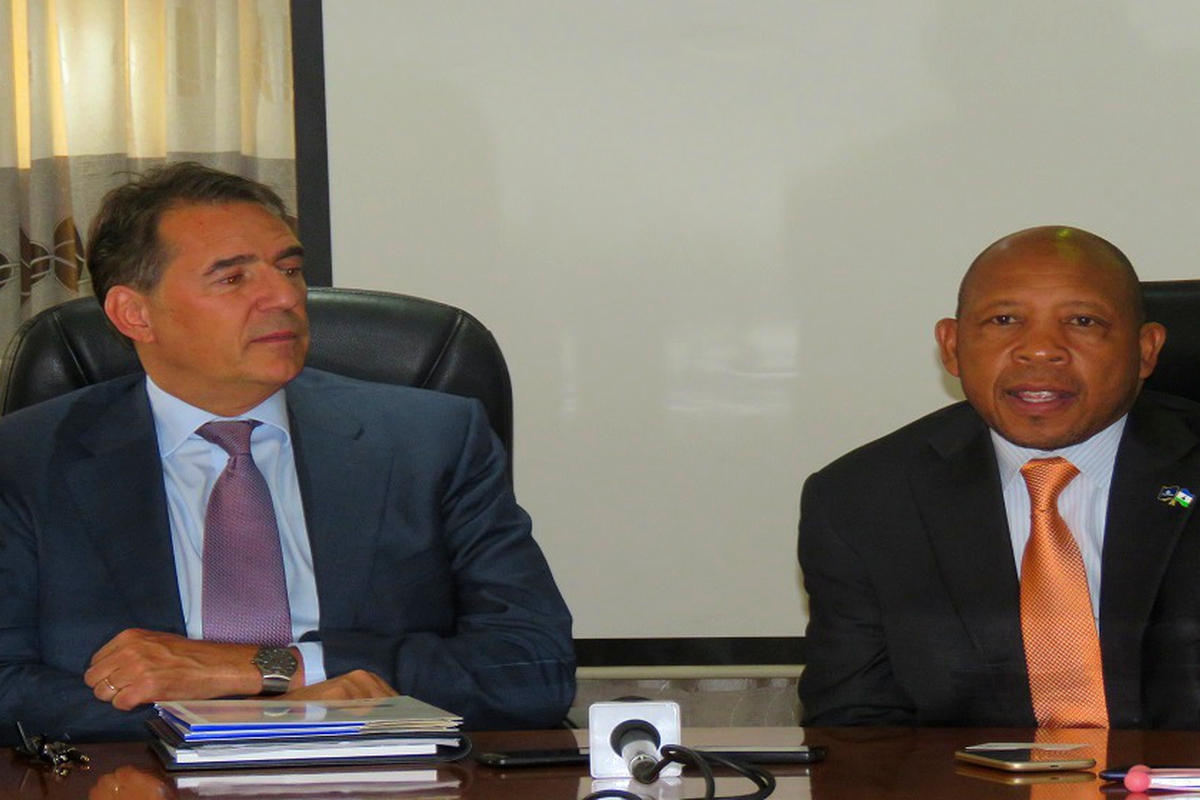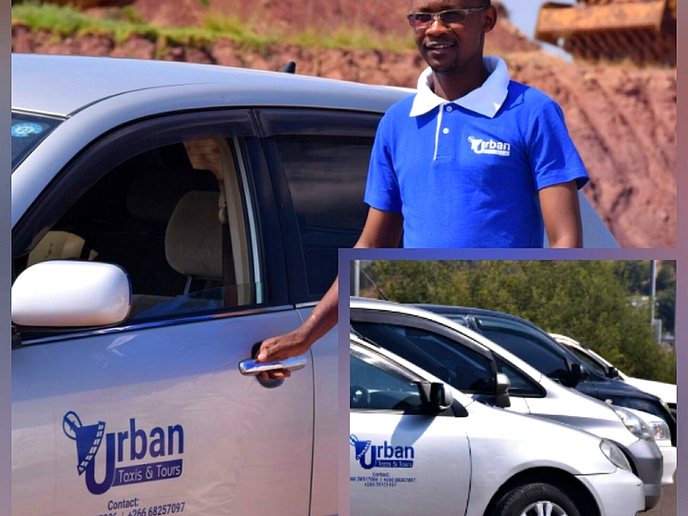… Leribe, Mafeteng and Mohale’s Hoek top targeted beneficiary areas STAFF REPORTER Through the European Investment Bank (EIB) Lesotho will be able to improve access to water in the lowlands, thanks to M1.3 billion to which European Union (EU) contributes half in grant funding – supporting sustainable development goals. According to finance minister, Dr Moeketsi Majoro, the Lesotho Lowlands Water Development Project (LLWDP) aims to improve access to clean water in four priority areas of the Lesotho lowlands. “LLWDP 2 is the second phase of the Lesotho Lowlands Water Supply Scheme that was conceived with technical assistance from the EU. The project will increase the reliable supply of bulk potable water and sanitation services, and strengthen the water authority’s capacity to operate and maintain the infrastructure,” he said. Dr Majoro said the final beneficiaries of the project were its citizens, as the LLWDP II will provide a sustainable water supply service to the population, as well as help service providers to better cope with climate change impacts in the project area. The project, he added, supports the UN’s sustainable development goals, the “availability and sustainable management of water and sanitation for all”. During public ceremony in Maseru on April 25, the EIB signed the loan with the finance minister aimed at improving access to clean water in four priority areas in the lowlands of the country as the second phase of the project that was conceived with technical assistance from the EU as previously the EIB has also financed the first phase through Metolong Dam and Water Supply Programme (MDWSP). The project is therefore seen as a direct expansion to the mandate of Metolong Authority which is charged with implementation of the programme aimed at increasing access to water and improving the reliability of water supply to urban and peri-urban areas in Maseru and the neighbouring towns of Roma, Morija, Mazenod, and Teyateyaneng. Dr Majoro explained: “The project will contribute to the implementation of the Lesotho Natinal Strategic Development Plans 2012/2013 – 2018/2019 that identified the provision of water access in the lowlands, where two thirds of the population lives, as a severe problem. The project will enhance the resilience to climate change and will help the Lesotho government achieve the development goals in its ‘Vision 2020’ strategy; to have a healthy and well-developed human resource base by ensuring that all Basotho have access to safe drinking water and basic sanitation.” He said in practice, the project concerns bulk water infrastructure (river intake, water treatment plant, transmission mains, pumping station and distribution network), low-scale sanitation and hygiene measures, activities and awareness building regarding the reduction of water losses, and technical assistance to support the implementation of the project. “Lesotho is increasingly feeling the impact of climate change, especially when it comes to extended droughts, as water scarcity constitutes a major barrier to economic development and inclusive growth. The water development project in the lowlands aims to provide a sustainable water supply for the local population and is expected to have a positive impact on as many as 300 000 direct beneficiaries, some 15% of the country’s population,” said EIB VP Ambroise Fayolle. EU ambassador to Lesotho Christian Manahl noted that improved access to clean water and sanitation was a prerequisite for Lesotho’s further socioeconomic development. “While large quantities of premium water from the country's highlands are exported to South Africa and generate revenues for the Lesotho government's budget, too many people and businesses, predominately located in the lowlands, are still struggling to reliably access clean water and sanitation facilities. “This has a negative impact on the health situation in the country but also on attracting investments and the creation of jobs. The EU–EIB financing package – the €82-million EIB loan to be blended with a €41-million EU grant – accounts for more than 60% of total project cost, which also includes a World Bank loan,” explained Manahl.
news
April 26, 2019
3 min read
Lesotho to accelerate water supply

Enjoy our daily newsletter from today
Access exclusive newsletters, along with previews of new media releases.
Tailored for you



